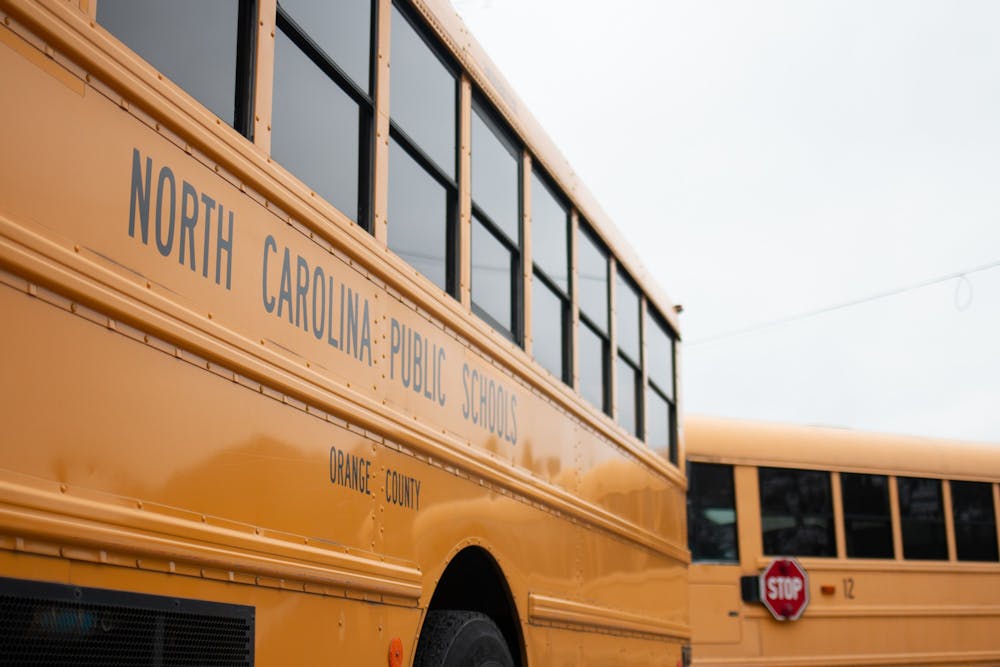North Carolina schools will return to a mix of in-person and remote classes this August, N.C. Gov. Roy Cooper announced in a Tuesday press conference. Cooper also announced that Phase 2 of COVID-19 reopening will be extended through at least Friday, Aug. 7.
Officials were considering three plans for the start of the upcoming school year, which included a return to classes with minimal social distancing ("Plan A"), fully remote instruction ("Plan C") and Plan B, a hybrid model. This fall, schools will operate under plan B, with moderate social distancing and only 50 percent of students allowed in a school buildings at one time.
School districts can also choose to operate under Plan C, Cooper said.
Cooper also signed an executive order extending Phase 2 of his three-phase plan to reopen the state due to rising numbers of coronavirus cases and hospitalizations, he said.
It's the governor's second time extending Phase 2, following a June 24 decision that cited similar statistics.
Under this phase, dine-in restaurants, retail stores, salons, barbershops and swimming pools can remain open at half capacity. Other facilities, such as gyms, bars and public playgrounds, will stay closed.
At a Chapel Hill-Carrboro City Schools Board of Education meeting last week, board members went over the district's Plan B, which calls for dividing students into groups and rotating between in-person and remote learning.
In the briefing, Cooper said if indicators such as number of cases or number of hospitalizations spike between now and the start of the school year, it is possible that schools will switch to fully remote instruction.
"Let me be clear: the start of school is a month away for most of our children and we know a lot can happen in that time," Cooper said.



